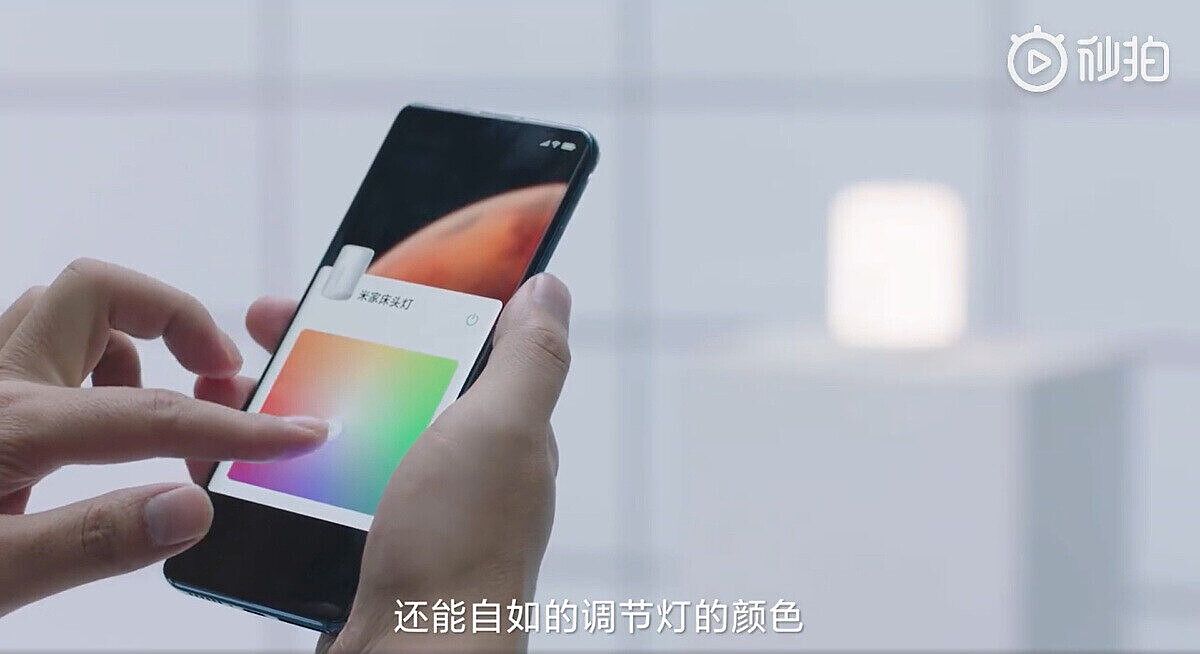One of the features of the Samsung Galaxy Note 20 Ultra was Ultra-Wide Band (UWB) technology. UWB is used for initiating faster device-to-device connections, taking advantage of the precise, indoor positioning features enabled by the technology. After Samsung, now Xiaomi has announced plans for UWB (ultra-wideband) technology adoption, using it to unify smart home products into a seamless experience.
In a video shared on Weibo, a Xiaomi representative demonstrated products ranging from smart displays to fans to bulbs, all of which could be controlled from your phone, just by pointing it at the device. UWB’s main advantage is its ability to offer pinpoint location accuracy, which goes even beyond being in the right home or the right room, but exactly what you’re pointing at by measuring ‘time of flight’ to a device. It’s kind of like a universal remote - but no IR blaster, no Bluetooth. The on-screen controls on the screen even change according to which device you’re pointing at, thanks to its ability to transceive on a wide part of the radio spectrum.
https://cdn57.androidauthority.net/wp-content/uploads/2020/10/Xiaomi-UWB-technology-demo-weibo.mp4
Xiaomi isn’t the first vendor to tout UWB as the next big thing - Samsung has incorporated it into the new Galaxy Note 20 Ultra and Galaxy Z Fold 2, and Apple is said to have added it to the forthcoming iPhone 12, after debuting in the iPhone 11 - this Xiaomi video is the best live demonstration yet of its capabilities.
At present, UWB is being sold mainly as a more reliable way of sharing between data between devices, but Samsung has already suggested that it will soon be able to unlock a compatible smart door lock, just by approaching it. Xiaomi’s demo also features automatic door locking/unlocking powered by UWB.
If more widespread adoption of the tech happens over the coming years, we can expect to see a wider offering of ‘true’ smart home - without the need to summon a personal assistant like Alexa or dig around for the right app for the right lightbulb - even where there are multiple vendors’ devices in the same environment.
Besides sharing and smart home, the adoption of UWB could bring a smarter generation of fitness trackers that can monitor vital signs accurately using doppler radar. We can always be hopeful for the future.
Source: Weibo
Story Via: AndroidAuthority

